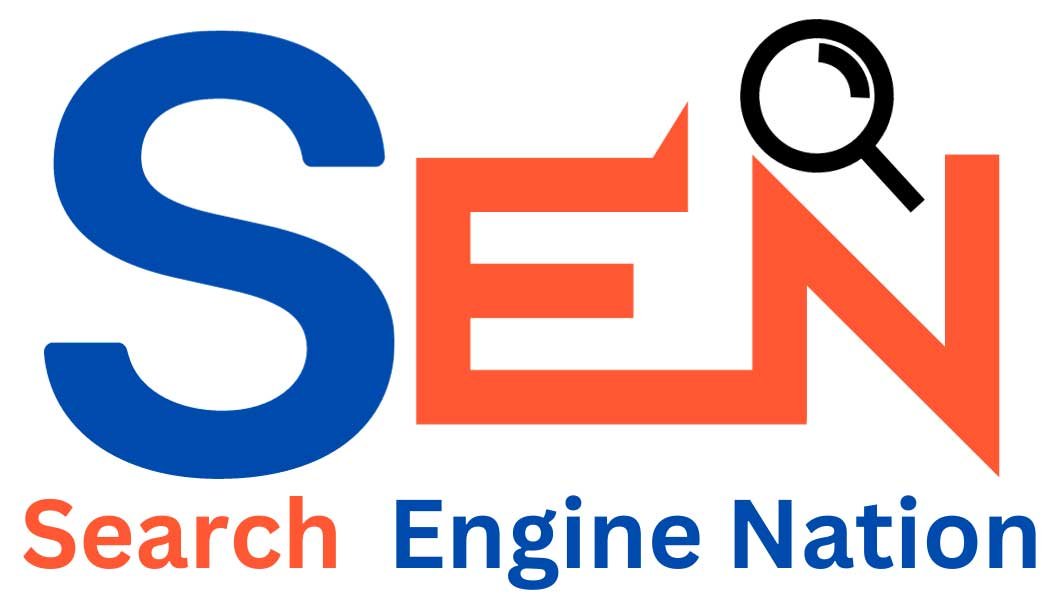What Is Technical SEO Beginner Guide 2024
In today’s digital world, having a strong online presence is crucial for the success of any business. And when it comes to optimizing your website for search engines, technical SEO plays a vital role
But What Exactly Is Technical Seo
Technical SEO is a crucial aspect of search engine optimization that focuses on optimizing a website’s technical elements to improve its visibility and performance in search engine rankings.
In this article,
I will delve into the world of technical SEO, explaining its significance, the reasons why you should optimize your site technically, how to perform a technical SEO audit, and the key characteristics of a technically optimized website.
First Understand Technical SEO Basics
Before diving into the specifics of technical SEO, it’s essential to understand its basics.
Technical SEO encompasses a range of activities aimed at ensuring that search engines can effectively crawl, index, and understand your website’s content. It involves optimizing various technical aspects, such as website speed, mobile-friendliness, site architecture, URL structure, and more.
One fundamental aspect of technical SEO is website speed optimization. Page loading time plays a crucial role in user experience and search engine rankings.
Slow-loading websites not only frustrate users but also receive lower rankings from search engines. To improve website speed, you can compress images, minify CSS and JavaScript files, enable browser caching, and use content delivery networks (CDNs).
Mobile-friendliness is another critical factor in technical SEO.
With the increasing use of mobile devices, search engines prioritize mobile-friendly websites in their rankings. Responsive web design, which ensures that your website adapts to different screen sizes, is essential for optimizing mobile-friendliness. Additionally, you should verify that your website’s mobile version has the same content and structured data as the desktop version.
Why Is Technical Seo Important?
Technical SEO is the foundation upon which successful search engine optimization is built. It involves optimizing your website’s infrastructure, code, and server settings to ensure it is easily accessible, crawlable, and indexable by search engines.
By implementing technical SEO best practices, you can improve your website’s visibility in search engine results pages (SERPs), increase organic traffic, and ultimately, drive more conversions.
One of the main reasons why technical SEO is important is because it helps search engines understand and interpret your website’s content more effectively.
By optimizing your website’s structure and code, you make it easier for search engine crawlers to navigate through your site, index its pages, and rank them accordingly. This means that when users search for relevant keywords or phrases, your website is more likely to appear in the search results if it is technically optimized.
Why Should You Optimize Your Site Technically?
Optimizing your site technically has numerous benefits that go beyond improving your search engine rankings. Firstly, a technically optimized website provides a better user experience. When your website loads quickly, has a responsive design and is mobile-friendly, users are more likely to stay on your site, engage with your content, and convert into customers. This not only improves your website’s conversion rates but also enhances your brand’s reputation and credibility.
Secondly, technical SEO lays the groundwork for other SEO strategies such as on-page SEO and off-page SEO. Without a solid technical foundation, it becomes difficult to implement these strategies effectively. For example, if your website has broken links, duplicate content, or incorrect redirects, it can negatively impact your on-page SEO efforts. By addressing these technical issues, you create a solid foundation for other SEO tactics to flourish.
How To Perform A Technical SEO Audit
Performing a technical SEO audit is an essential step in optimizing your website. It helps you identify any technical issues that may be hindering your website’s performance and provides insights on how to fix them. Here are the key steps involved in conducting a technical SEO audit:
Crawl Your Website: Use a crawling tool like Screaming Frog or DeepCrawl to crawl your entire website and identify any technical issues such as broken links, duplicate content, or missing meta tags.
Check Site Speed: Page speed is a critical factor in user experience and search engine rankings. Use tools like Google PageSpeed Insights or GTmetrix to analyze your website’s load times and identify areas for improvement.
Optimize for Mobile: With the majority of internet users accessing websites through mobile devices, it’s crucial to ensure your website is mobile-friendly. Use Google’s Mobile-Friendly Test to check if your site meets the mobile optimization standards.
Review Indexing and Crawling: Check your website’s robots.txt file and XML sitemap to ensure search engines can crawl and index your site effectively. Submit your sitemap to search engines like Google and Bing for better visibility.
Fix Technical Issues: Once you’ve identified the technical issues, prioritize them based on their severity and start fixing them one by one. This may involve updating your website’s code, removing duplicate content, or implementing structured data markup.
By performing a thorough technical SEO audit, you can identify and resolve any underlying issues that may be affecting your website’s performance and search engine rankings.
What Are The Characteristics Of A Technically Optimized Website?
A technically optimized website exhibits certain characteristics that contribute to its overall performance and visibility in search engine results. Here are the key characteristics of a technically optimized website:
Fast Loading Speed: A technically optimized website loads quickly, providing a seamless user experience. This is achieved by optimizing code, compressing images, and leveraging caching techniques.
Mobile-Friendly Design: With the increasing number of mobile users, a technically optimized website is responsive and adapts to different screen sizes. It ensures that users can access and navigate your site easily on their mobile devices.
Clean URL Structure: A technically optimized website has a clean and user-friendly URL structure. This means using descriptive keywords in the URLs, avoiding unnecessary parameters, and organizing content into logical categories.
Properly Implemented Meta Tags: Meta tags, such as title tags and meta descriptions, play a crucial role in informing search engines about your website’s content. A technically optimized website ensures that these meta tags are properly implemented and optimized for relevant keywords.
Optimized Internal Linking: Internal linking helps search engines understand the structure and hierarchy of your website’s content. A technically optimized website has a well-structured internal linking system that guides search engines and users to relevant pages.
Optimized Site Architecture: A technically optimized website has a clear and logical site architecture that makes it easy for search engines to crawl and index its pages. This involves organizing content into categories, using breadcrumbs, and implementing XML sitemaps.
Technical SEO Tools
To effectively manage and optimize your website’s technical SEO, you can leverage various tools that provide insights and recommendations. These tools help identify issues, monitor performance, and guide you in implementing best practices. Here are a few popular technical SEO tools:
Google Search Console: This free tool from Google provides valuable data and insights about your website’s performance in search results. It offers reports on your website’s indexing status, crawl errors, mobile usability, structured data, and more.
Screaming Frog: This desktop application crawls websites and provides detailed information about URLs, meta tags, headers, redirects, and other technical aspects. It helps identify issues like broken links, duplicate content, missing meta tags, and more.
PageSpeed Insights: This tool, developed by Google, analyzes your website’s performance and provides recommendations to improve page loading speed on both desktop and mobile devices. It helps identify areas where you can optimize code, compress images, enable caching, and more.
In conclusion, technical SEO is a crucial aspect of any successful SEO strategy. By optimizing your website technically, you can improve its visibility in search engine results, enhance user experience, and drive more conversions. Performing a technical SEO audit and addressing any underlying issues is the first step toward creating a technically optimized website that performs well in the digital landscape.
If you need assistance with technical SEO or any other aspect of digital marketing, don’t hesitate to hire a reputable digital marketing agency that can provide expert guidance and help you achieve your online goals. Remember, technical SEO is just one piece of the puzzle, so make sure to also focus on other SEO strategies such as on-page SEO and












